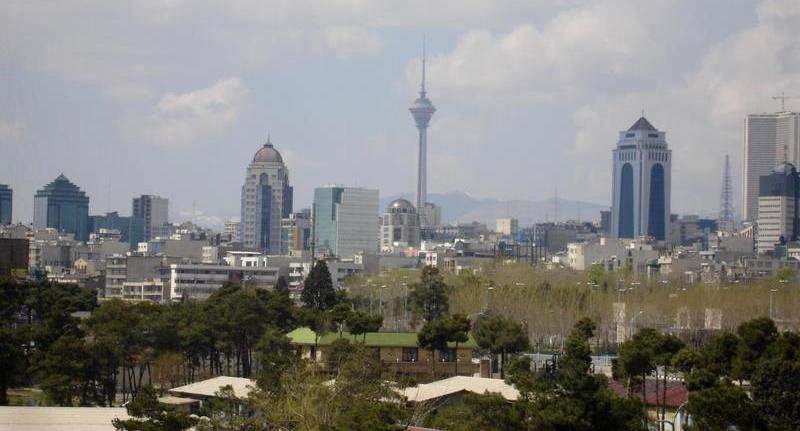The recent tensions between Iran and Saudi Arabia have been simmering for a while; however, it was the nuclear deal between the West and Iran that has precipitated the current crisis.
Comment:
Ever since the Iranian hostage crises in 1979, America aggressively pursued a policy of containment and worked actively to isolate Iran from the rest of the world. This policy took on a newfound turn in 2002, when George Bush Jr declared Iran as the axis of evil and in 2003 America along with her European allies collaborated to rollback Iran’s nuclear programme. For the past 12 years, the West together with Russia and China—to some degree—imposed a succession of economic sanctions that crippled Iran’s economy and entrenched Iran’s pariah status forcing Iran to concede on its nuclear activities.
But the wars in Iraq and Afghanistan, and the fallout from the global financial crisis in 2008 undermined America’s standing in the region, and Washington become more dependent on Tehran’s clandestine support to stabilize Iraq and Afghanistan on the behalf of America. For instance, in 2010 Hamid Karzai received large amounts cash annually in full knowledge of the Americans.
Then with the eruption of the Arab spring in 2011, America found itself relying even more on Tehran to shore up Assad’s floundering rule through active military and economic support. Recently, the cooperation between America and Iran is more pronounced in Iraq then before, as both share a military base to shore-up Assad’s rule. Subsequently, it was only a matter of time before Washington viewed a nuclear agreement with Tehran and the removal of sanctions as the best way to bring Tehran out of its isolation and use Iran to safeguard America’s long-term interests in the region.
Today the pariah status of Iran is about to change for good. The nuclear deal reached between Iran and the P5 +1 (America, Britain, France, Russia, China and Germany) on July 14th 2015 paves the way for a new chapter in relations between Iran and the West, especially America. Against this backdrop, three trends are set to define Iran’s influence in the region:
Iran to continue its meddling in the region
The downgrading of diplomatic relations between the GCC and Iran were not a surprise, but expected as Iran pressed ahead with its interference in several parts of the Middle East. A small sample of Tehran’s intent was underscored by both Obama and Khamenei in the aftermath of the nuclear deal.
Obama made it clear that the nuclear deal is not tied to Iran changing its behavior in the region. He said, “This deal is not contingent on Iran changing its behavior.” Likewise, Iran’s supreme leader, Ayatollah Ali Khamenei endorsed no changes to Iran’s regional policy. He said, “Whether the deal is approved or disapproved, we will never stop supporting our friends in the region and the people of Palestine, Yemen, Syria, Iraq, Bahrain and Lebanon.” Hence, it is very unlikely that for the near future Iran’s interference in regional matters—especially those related to Shia issues— will change. On the contrary, tensions between Sunnis and Shias in the region are set to increase and not diminish as some hope.
Decline in oil prices
Lifting of sanctions against Iran will enable Tehran to add about a million barrels of crude a day. The oil market is already awash with excess oil, more supply will only put downward pressure on the price of oil. According to the World Bank (WB), the Iranian crude will lower prices by $10 US per barrel in 2016.
Iranian economy to boom
With just under 80 million people and annual output of some $400 billion, Iran is set to be the biggest economy to rejoin the global trading and financial system since the break-up of the Soviet Union over two decades ago.
The WB also estimates Iran’s GDP to increase from 3% this year to 5% in 2016. The WB also states that exports from Iran will eventually increase, too, by about US$17 billion, which is about 3.5% of its GDP. Britain, China, India, Turkey and Saudi Arabia are among the countries most likely to see the largest rise in post-sanctions trade with Iran.
These trends are worrisome to the GCC. However, the real irony is that instead of Saudi Arabia and Iran joining forces to expel Western forces in the region, their dispute is enabling the West to cement its hegemony over the Middle East, and changing the nature of the struggle from fighting colonialism to war between Muslim countries. Only the Khilafah Rashidah (Caliphate) upon the method of the Prophethood can guarantee the unity of Muslims and end West interference in Muslim lands.
Abdul Majeed Bhatti

